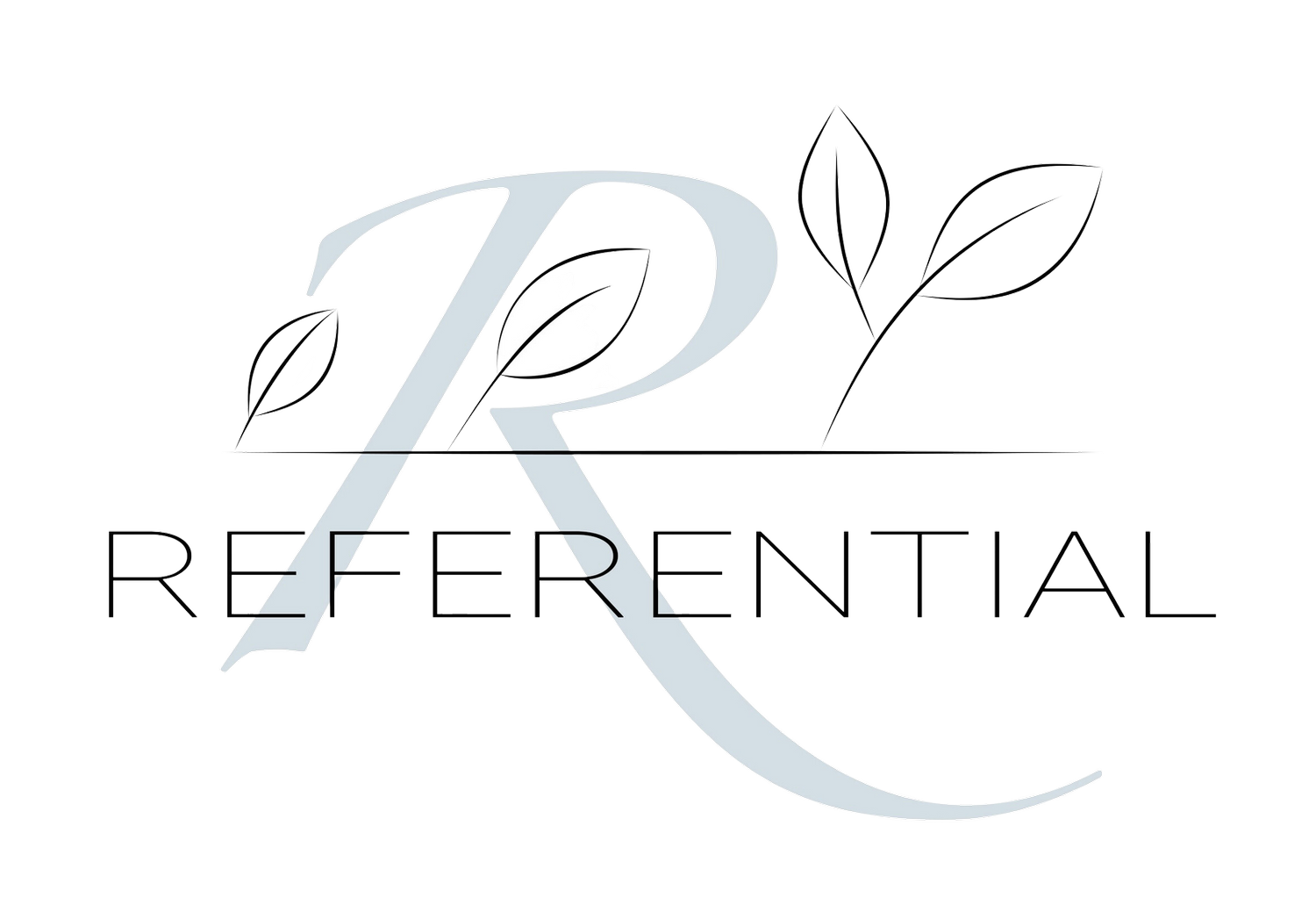The Imposter Syndrome is Real, or, How I Got Out of My Own Head and Back Into the Workforce
It turns out that imposter syndrome is not unique to a stay-at-home parent returning to the workforce – many of us underestimate ourselves and overestimate others.
Things must have gone horribly wrong. Here I was, walking the streets at 2am, a robe over my PJs, with a racing heart and tingling fingers.
Why had I felt I had to leave my house in the middle of the night? In the middle of winter, no less. Had I made a big mistake? Taken a wrong turn in life? Was I on the lam? No, not at all. I’d woken up in a panic and felt an overwhelming need to get into the fresh air and walk. Just because I’d started a new job.
A great job! A job I was excited about! A job for which I was well qualified - through education, work and life experience, and disposition, to do, and do well. This job also came with a supportive boss, a great team, and a comprehensive online training course culminating in an industry certification to thoroughly onboard me.
So, why was I panicking?
Well, it turns out imposter syndrome is very real when you’ve been a stay-at-home Mom for 14 years.
When our eldest was 9 months old we moved from my home country of New Zealand to the US for my husband’s career. Not entitled to work on my visa and expecting our second child in 8 months, I had left my corporate job and leaned into being a stay-at-home Mom. It was a privilege to be able to do so.
14 years later, with the kids newly released from Covid restrictions and online learning, I half-joked to a friend “I barely see the boys, I’m going to have to get a job to have something to do!” I was ready to find a way back into the working world – the boys were increasingly self-sufficient, and I was ready to have something of my own in addition to our family life.
However, after years at home with my boys, who - like most kids – are not a reliable source of verbal appreciation for my skills, knowledge, and contribution, my confidence had taken a hit. Constant toddler criticism of the dinner you prepared, for example, will really wear you down; tweens are more eyeroll than constructive criticism; and nothing will make you feel redundant quite like a teenager (until they need a ride, a meal, or money).
I’d been an active parent volunteer - board member, sports club scheduler, Running Club and International Night chair, art program coordinator, off-field coach support, in-classroom teacher support, etc. My skills weren’t dormant, but on a return to paid employment it felt like I’d left the freeway of corporate work to drive the country roads for 14 years, and now that I’d taken this on-ramp back into corporate life the pace of cars flying by was overwhelming.
A lot had changed, too. What even is a logo? And how many new logos does a company need? How many spaces are there after a period/full stop? Was “Kind Regards” still considered kind?
Thankfully, I had a supportive boss who believed in me and, while letting me know I could quit if I really needed to, adjusted my workload, and encouraged me to give it another try. I had a colleague who had worked with me 20 something years ago, who believed in me, even when I didn’t believe in myself. And I had an encouraging team leader, patient and positive, and sure I could do this.
In the end, I find my years as a stay-at-home Mom are an asset. I bring maturity and life experience to my interactions with my clients and their customers, many of whom are middle-aged parents, like me. I know that I’m better at this job, now, than I would have been in my 20s, despite all my 20s confidence. And during my time at home with my children I was unknowingly honing skills that, it turns out, are among the top job skills most companies are looking for.
Time Management? I coordinated multiple school, sport, social, volunteer, medical, and other family schedules for years. All while keeping tiny humans clean, fed, and well rested.
Communication? I recruited and briefed volunteers for multiple school and sports events, led project teams, sat on boards, all while negotiating with children about the need for weather-appropriate footwear and vegetable consumption.
Agility and Adaptability? I turned on a dime time and time again, thanks to childhood illness, my husband’s corporate travel and work demands, any number of last-minute crises including split foreheads and misplaced toy loveys.
Emotional Intelligence? I navigated disparate agendas and emotional reactions at board meetings, 200 student Running Club events, sports tournaments, and playdates.
Problem Solving? I developed, implemented, and adjusted systems, processes, and schedules that enabled a family of four to survive and thrive.
Growth Mindset and Curiosity? Just when you think you’ve got it, kids move to a new stage. I constantly adjusted to catch up to each new reality. A first-time parent doesn’t know how to look after a baby…yet. A parent of teenagers doesn’t know how to help those teens navigate young adulthood…yet. A stay-at-home parent returning to work doesn’t know how to do the whole job...yet. Coping with an ever-changing, dynamic environment is the constant reality of parenting.
Self-Management? I worked without supervision for 14 years. I can prioritize, organize, set, and meet goals without a problem.
Teamwork and Collaboration? I spent 14 years developing close, interpersonal working relationships with other parents, teachers, sports coaches, the wider community, etc.
Digital Skills? As a parent and volunteer, I had used Microsoft 365, Google Workspace, Evite, SurveyMonkey, SignUp, TeamSnap, GroupMe, Tourney, TeamReach, GoFundMe, Trello, online auction software, vendor procurement systems, local government facility booking systems, and on and on. It seems every team and school use something different, so give me a few minutes and I am confident I’ll get my head around it.
Awareness of current economic and business trends? Thankfully, my husband had talked about his work life at home, and I had mostly listened. And thanks to NPR playing in the car, I had kept up with current events.
Hard worker, who strives to do their best? You don’t lose that. And you flex that muscle as a stay-at-home parent.
Once I got out of my head, trusted my pre-kid knowledge and proficiency were still there, learned that my stay-at-home parent skills and experience were assets, asked questions and/or did quick internet searches to decipher unfamiliar terms or current unspoken business culture, and worked to move beyond self-inflicted insecurity…
I saw results and my confidence grew.
It turns out that imposter syndrome is not unique to a stay-at-home parent returning to the workforce – many of us underestimate ourselves and overestimate others.
It has been great for me, personally, to be able to bring all of me to work and feel that my time and talent are valued. It has been great for my boys to see me working outside the home in paid employment. Now that they are teenagers, they’re likely relieved I’m not focused on them so much of the time, and that I’m not as involved with their high school as I was with their elementary and middle schools.
I’ve concluded that parents returning to the workforce after staying home with their kids are an under-tapped pool of talent. Encouraging those potential hires to throw their hat in the ring, supporting them to get over any self-inflicted lack of confidence, and providing the onboarding to help them feel they’re on solid ground, will pay dividends in employees whose whole selves are significant assets to any organization.
*Lastly- US-based parents might also want to have a look at https://pathforward.org/ - it’s a nonprofit on a mission to empower parents and other caregivers to restart their careers after time spent caregiving.
Disclaimer: I have absolute respect for all parents – those who return to the workforce sooner, those who return to the workforce later, those who never return to paid employment outside the home, and every iteration thereof. All caregivers of young children can develop these skills in their parenting/caregiving lives. In sharing my experience, I hope to communicate the self-inflicted lack of confidence I experienced, and had to get over, in the hopes of encouraging others in a similar position to bet on themselves.
Acknowledgements: I will be forever grateful to Referential, Helen Feber, Regina Dawkins, and Ryan Quackenbush for giving me the on-ramp back into the corporate world. Thank you to Tara Hulbert for articulating how being a stay-at-home parent develops the in-demand skills companies are looking for (download her Mom Skills Bullet Points here). Thank you to Ryan, Jackson, and Andy Duguid, for rolling with this change in our family life.


